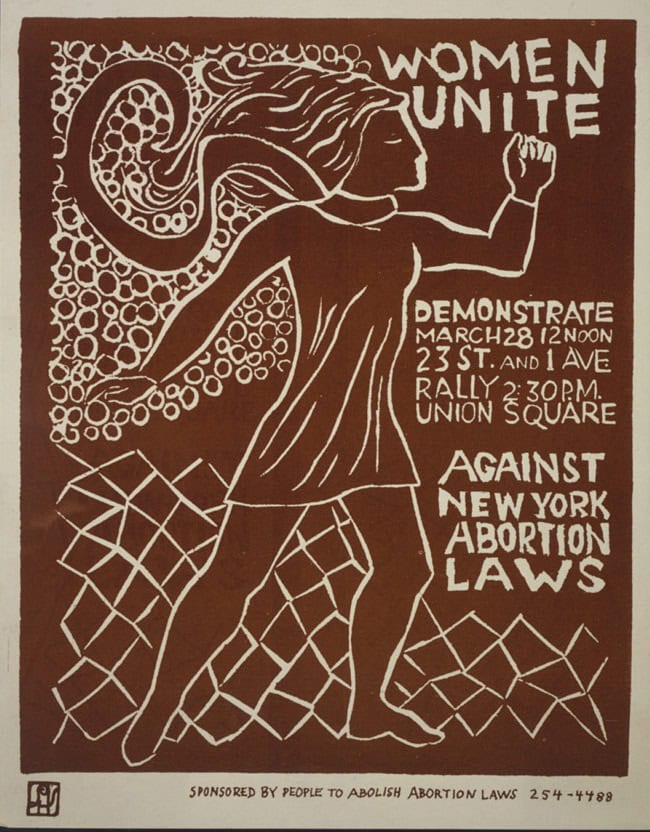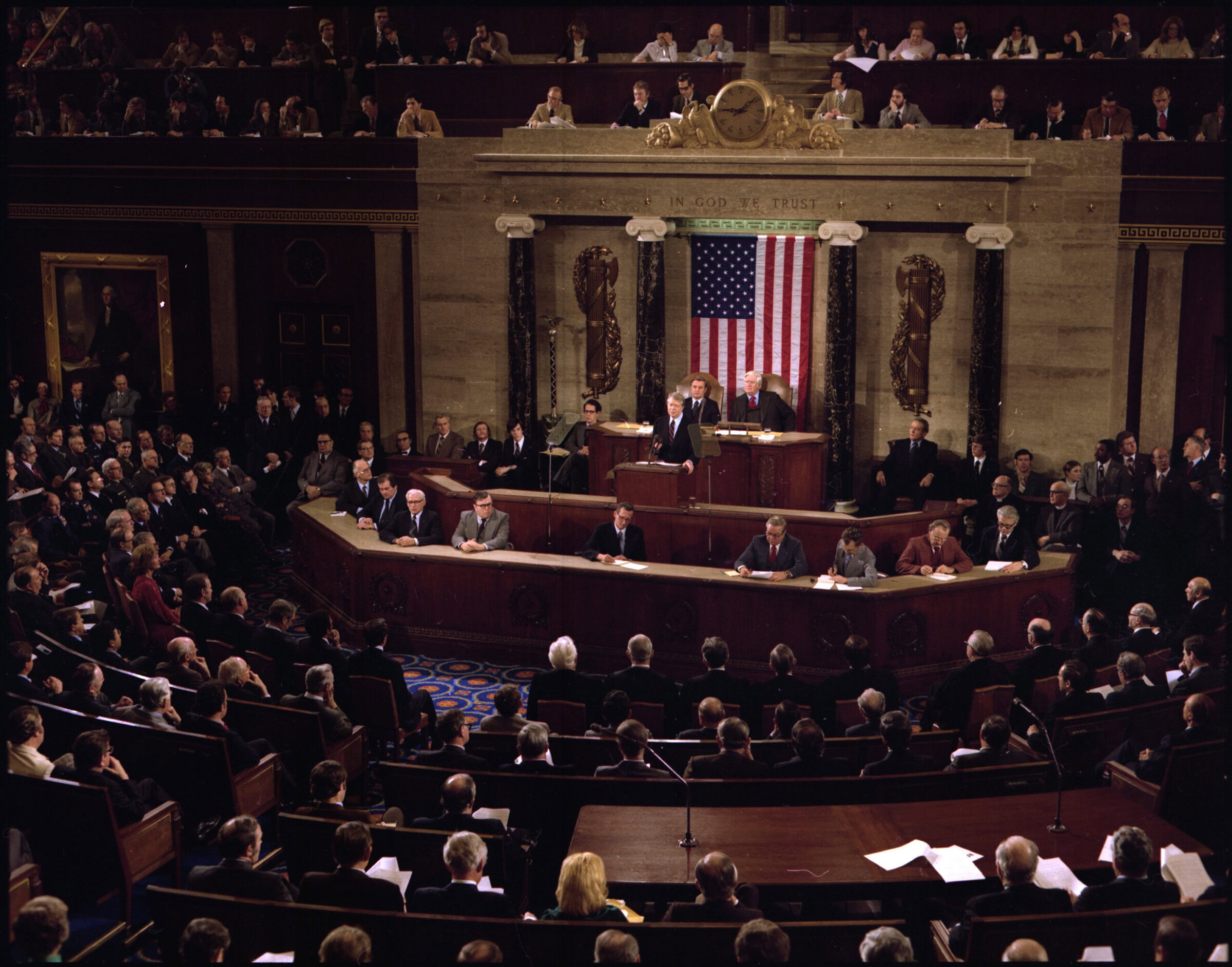As the U.S. Supreme Court returns for the fall, it is therefore fitting to highlight the latest Robert H. Smith seminar, titled: “The Supreme Court in the Age of Holmes and Brandeis”, co-sponsored by the Institute for Constitutional History and the AHA. This six-week seminar will examine the influence of two men—Oliver Wendell Holmes, Jr., and Louis Dembitz Brandeis—on American constitutional development from 1902 to 1939. Although the phrase “Holmes and Brandeis dissenting” led many people to believe that they shared a common jurisprudential philosophy, the differences between them are as important as the areas in which they agreed. We will look at the biographies of the two men, the classical legal thought that dominated the Court throughout most of this period, the important cases in which they wrote—mainly in dissent—and the influence of those opinions on subsequent cases. Instructors include Melvin I. Urofsky, professor of law and public policy at Virginia Commonwealth University, and John Fabian Witt, the Allen H. Duffy Class of 1960 Professor of Law at Yale Law School.
The seminar is designed for graduate students and junior faculty in history, political science, law, and related disciplines. Interested applicants should send a copy of their c.v. and a short statement on how this seminar will be useful to them in their research, teaching, or professional development. Materials will be accepted only by email at MMarcus@nyhistory.org until November 15, 2012.
This post first appeared on AHA Today.
This work is licensed under a Creative Commons Attribution-NonCommercial-NoDerivatives 4.0 International License. Attribution must provide author name, article title, Perspectives on History, date of publication, and a link to this page. This license applies only to the article, not to text or images used here by permission.



